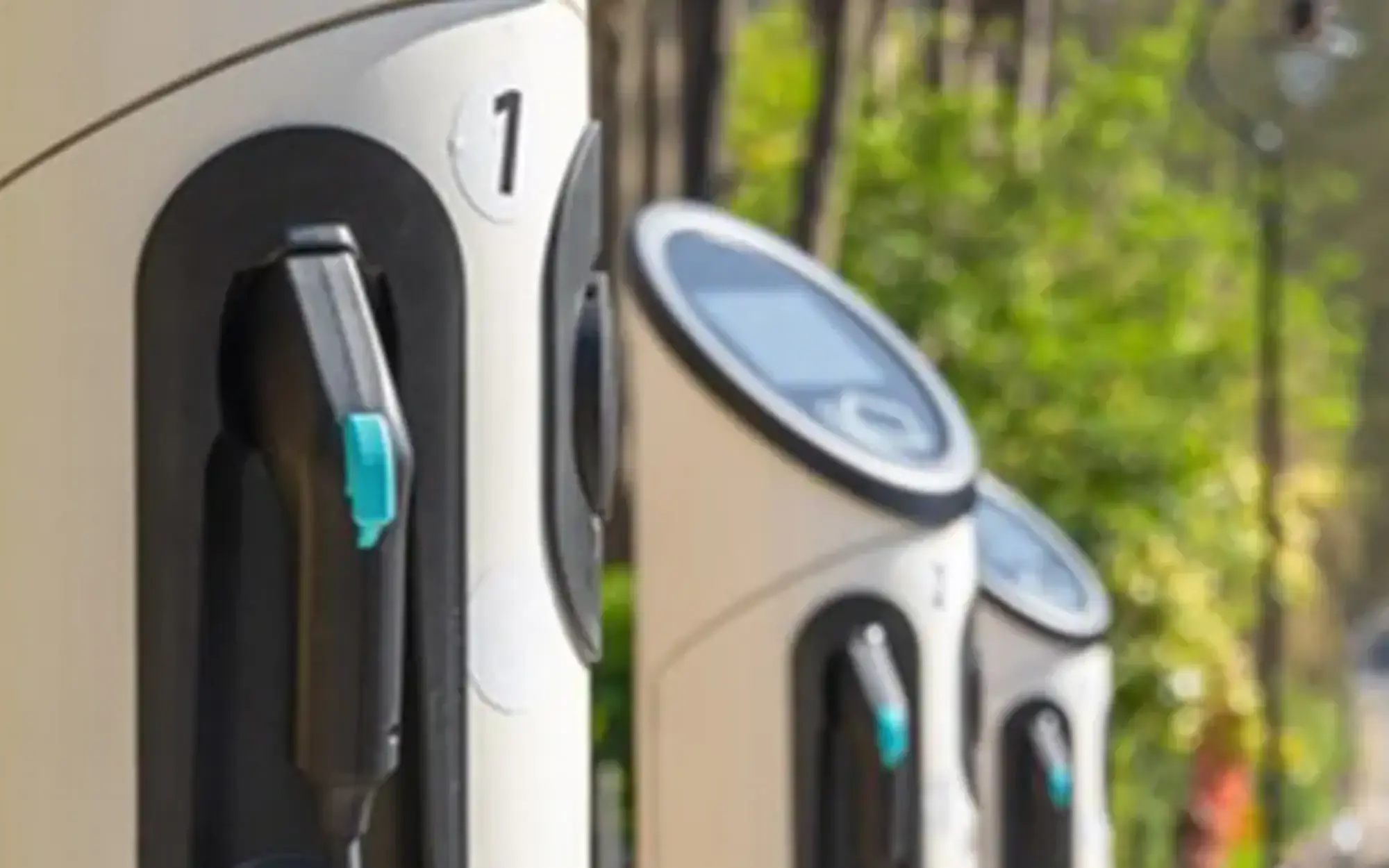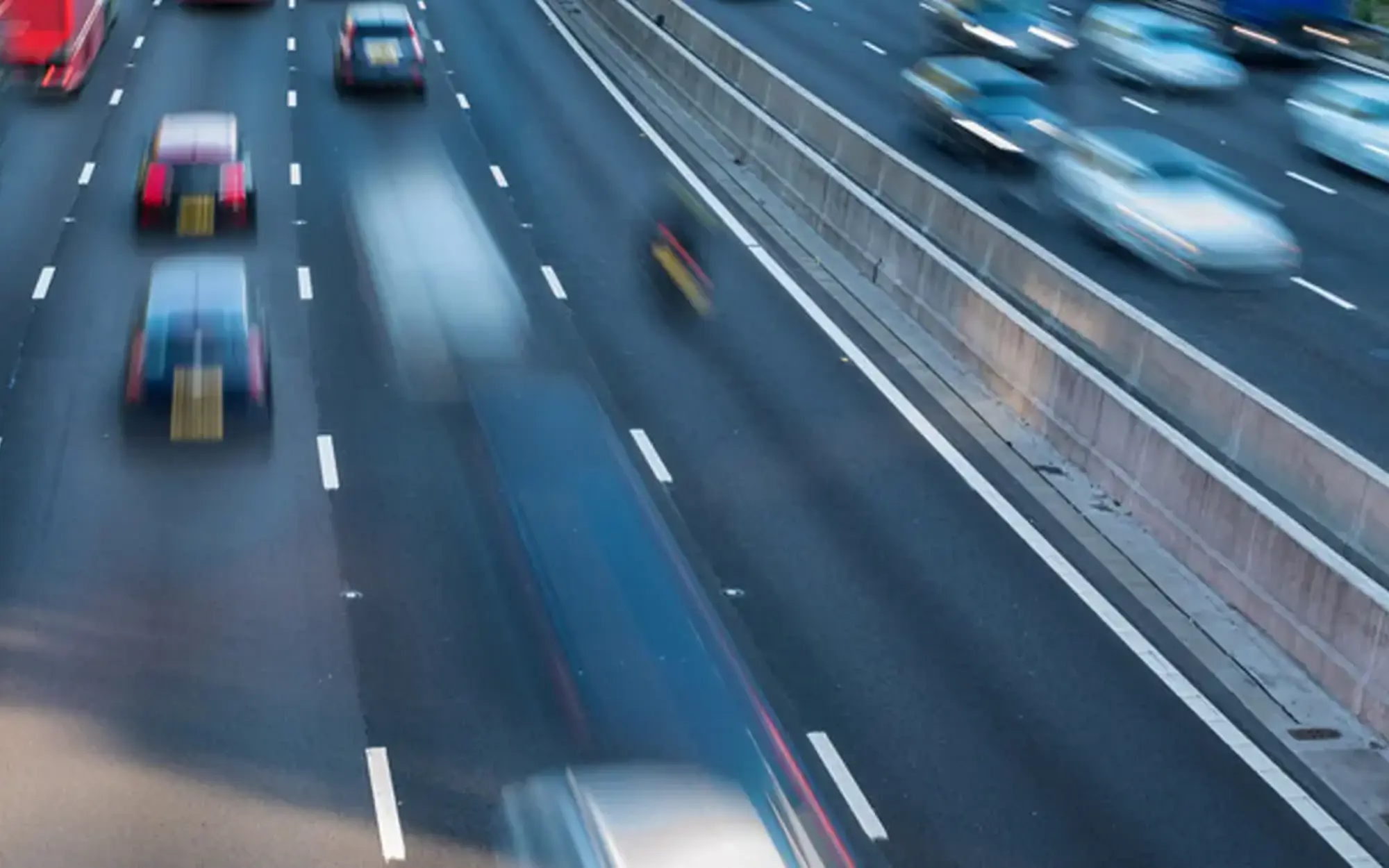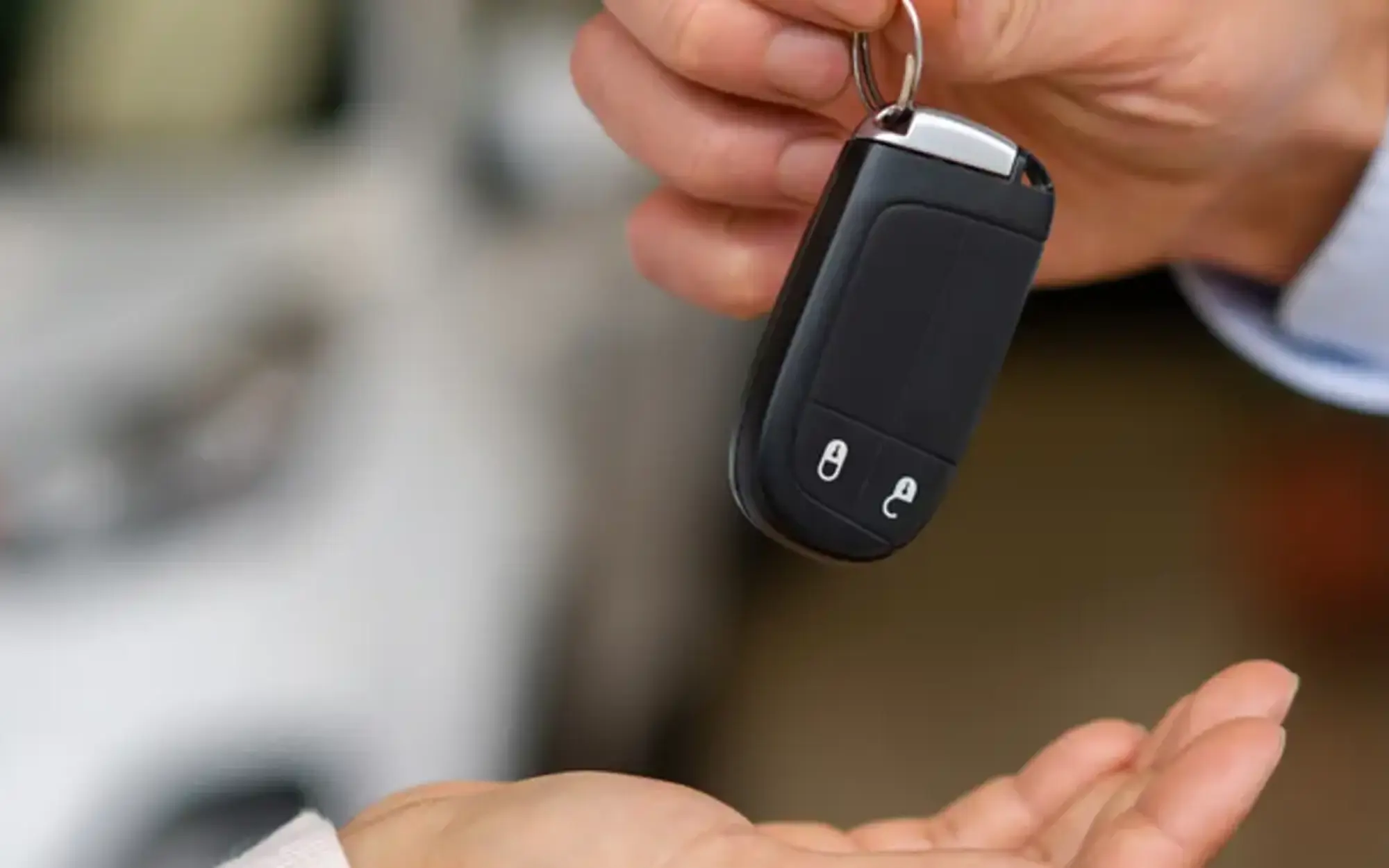
Claiming VAT on mileage
If you drive your own car for business purposes, other than a generic commute, you can make a claim against the approved mileage allowance payment rate, AMAP, to get some money back.
If you drive your own car for business purposes, other than a generic commute, you can make a claim against the approved mileage allowance payment rate, AMAP, to get some money back.
However, the amount you can claim will depend on certain things. HMRC have broken down the factors you should consider to help you work out how much you can claim over time. To help you calculate the VAT on mileage, here’s a breakdown of all the information you need to know.
How much can I claim?
If you’re an employee and you use your own car for work purposes - perhaps for client meetings - or if you’re a tradesperson and need to meet a customer, then you can claim. The amount you'll get back will factor in the number of miles you do.
For vans and cars during the first 10,000 miles, you’ll be able to claim up to 45p per mile and then 25 ppm after that. The 45ppm is split into two consecutive parts; fuel and wear and tear. As an employer, you may want to think about passenger rates. This is where employers can claim an extra 5p per mile for each passenger they take during a business trip.
The amount of VAT a business can claim is typically a sixth of the total cost of fuel. This is because the standard VAT rate is 20% of the purchase.
How do I make a claim?
To make a claim you’ll need to keep an up to date, accurate record of any business related journey you take.
What to include in a claim:
- The date of the trip
- The start and end destinations with full addresses
- The mileage traveled
- A brief description of the reason for the journey
You should also enclose who is travelling with you but, do bear in mind that you can only claim for passengers who are employed by the same company. Do remember you will also have to keep the fuel receipt for all fuel purchases made for any business trips you wish to claim for. The VAT amount on the receipt will need to correlate to the amount you want to claim for.
What can't employees claim?
You will be unable to claim for personal journeys taken during work hours and this is considered outside of work responsibilities. You’ll also be unable to claim for your commute to your usual workplace. This means, in order for your claim to be successful and within regulations, you should note down any mileage used as accurately as possible.
Reclaiming VAT as an employer
As an employer, you can only reclaim the VAT on your employees' mileage expenses if you’re paying your employees a mileage allowance for using their own vehicle for work. You will also only be able to claim for the fuel portion of the mileage claim.
The amount of allowance you pay must be the same as the fuel portion of the claim you want to make. You can only claim for drivers who are employed by your business. This won’t include contract staff or freelancers.
Advisory Fuel Rates are the amount you can claim for per mile from HMRC. They are dependable on the engine size and fuel type of your vehicle. These rates are updated quarterly. The most up to date rates are below, which were valid from 1st September 2019.
| Fuel | Engine size | Pence per mile |
|---|---|---|
| Petrol | 1400cc or less | 12p |
| Petrol | 1401cc - 2000cc | 14p |
| Petrol | Over 2000cc | 21p |
| Diesel | 1600cc or less | 10p |
| Diesel | 1601cc - 2000cc | 11p |
| Diesel | Over 2000cc | 14p |
| LPG | 1400cc or less | 8p |
| LPG | 1401cc - 2000cc | 10p |
| LPG | Over 2000cc | 14p |
What about electric cars?
If you drive an electric car, you can claim the full amount that’s available to you. The full AMAP allowance is awarded to drivers who choose this environmentally friendly mode of transport. You’re allowed to claim 45pp for the first 10,000 miles. After 10,000 miles you can claim 25ppm.
This can help you to save quite a significant amount when you consider that the average price of electricity per mile is around 5p. If your electric vehicle is under £40,000 and it was registered before 31st March 2017, you will also save on vehicle tax too.
Do remember, whether you’re an employer or employee, that in order for your claim to be successful you’ll need to collate your VAT receipts for fuel to help support the claim. A RAC company fuel card can help you keep track of your businesses’ fuel consumption, as well as helping you keep all VAT receipts safe and in one place.
Find out more about our company fuel cards here.
Business Breakdown Cover
Keep your business moving
Pay monthly from £11.00 per vehicle – exclusive to the RAC




